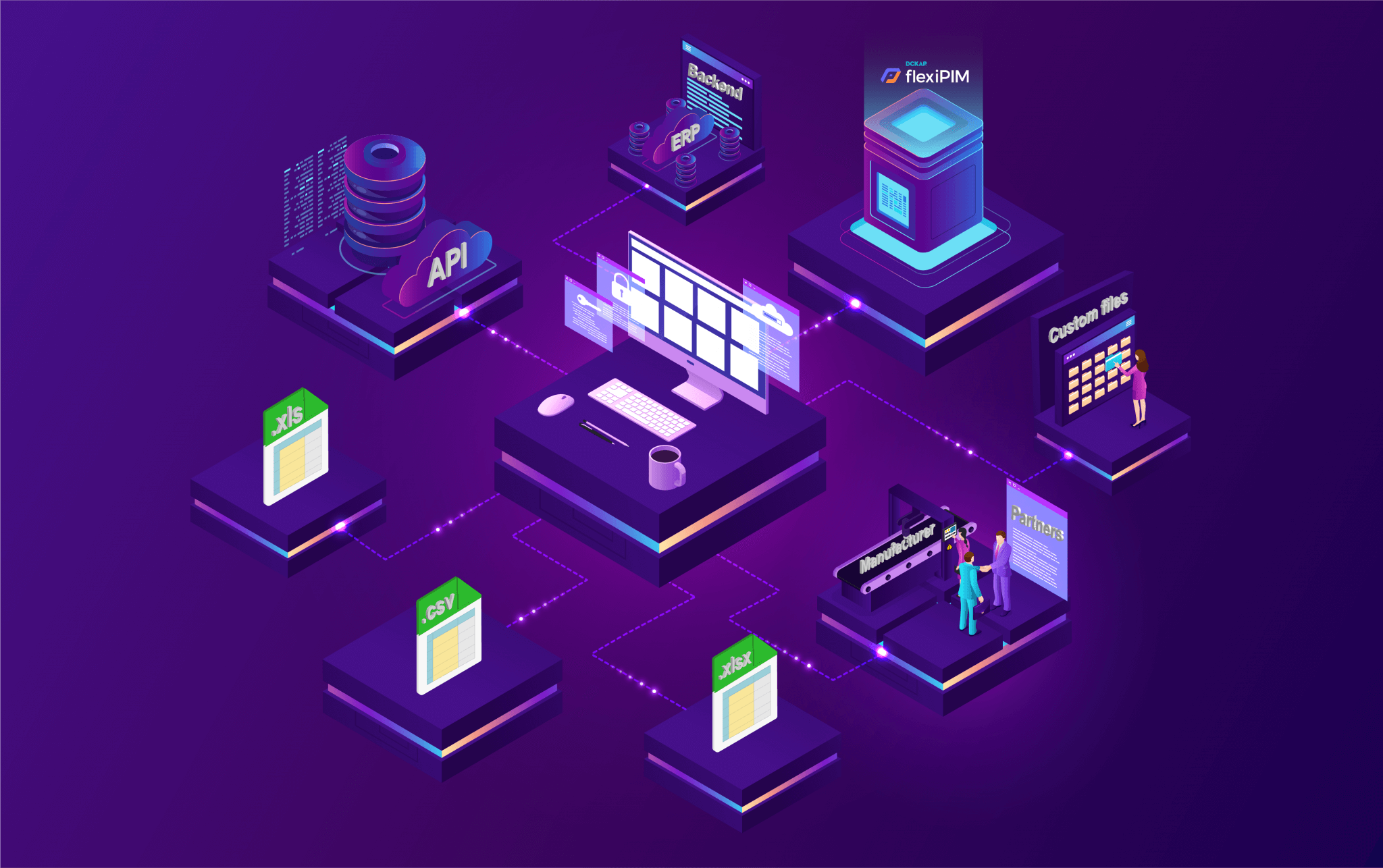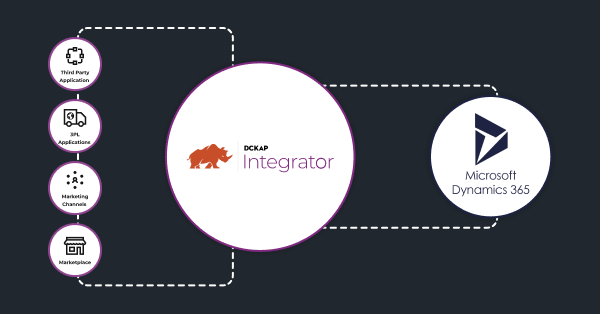Content Aggregation is the process of collecting information about a particular niche and making it available in one place for users. Content aggregators are professionals in researching and analyzing data and publishing it on an application or website for easy searchability and access to the user. It is mostly automated and based on a number of keywords particular to a niche.
Reddit is the best example of this. Reddit has content about everything in it.
Wondering how?
It is a social news platform where people discuss, comment, and vote for content published by other users. Reddit aggregates content from its users and shows it to others who are searching for it.
Now that you know what content aggregation is, let us talk about what it is not.
Do not mistake content aggregation for plagiarism, because the original writers/content creators are given credits in the content aggregation platforms, unlike plagiarism which is illegal.
It isn’t content curation either. Content curation is adding your own content and commentary on other people’s content. It requires editorial work for choosing what content you want to showcase for your brand, unlike content aggregation which is mostly automated and makes no alteration to the original content.
Contents
B2B Distributors’ Challenges in Product Information Management
B2B distributors are often faced with problems in collecting data. Manufacturers on the other hand have access to a all the data of the products they manufacture. More than often, distributors have to wait for several weeks to months to get the product content from their manufacturers based on the size of your order value.
Distributors rely largely on buying groups to gather product content. The problem with buying groups is that the sources are limited to only the number of manufacturers that are participating in them. Even if you invest a lot of money in them and get the datasheets, they are in formats that are suitable for the ERP and not for marketing. Refining and curating such data is tedious and time consuming.
This is where content aggregators come into the picture. They have tie-ups with majority of the manufacturers and make their product content available in a format that’s suitable to an eCommerce store. This cuts the extra dollars you spend on the memberships and data sheets of the buying groups and also lowers the manual working load for your employees.
Benefits of Having Content Aggregators Connected to Your e-commerce Store
For better or worse, the COVID-19 pandemic has made it no more a choice but a necessity for businesses to go online. Content aggregators found it difficult to reach B2Bs because they used traditional methods of operation and were slower to adopt new technology. They were manufacturers or brands whose buying/selling transactions were complex.
In the pre-pandemic time, most B2Bs were offline and had limited buyers. The B2B owners were dependent on trade shows to buy/sell to new customers. But now B2B users expect customer experience at par with that of B2C. B2Bs now are online and have a huge number of products whose data is complicated. This is where content aggregators come into the picture.
1. Simpler Management
A B2B brand has thousands of SKUs whose product descriptions need to be added to the website. Content aggregators provide unique and relevant information which makes the overall process of setting up your PIM or e-commerce store simpler.
2. Easy to Search
Customers are choosing where to buy from based on how easy it is to search and buy products. Content aggregators provide rich and correct product information thus improving the searchability of products on your e-commerce store.
3. Efficient Process
Content aggregators streamline the manual process of finding and feeding the right information about products thus saving time and improving the overall efficiency of your inventory management or Product Information Management (PIM).
4. Single Resource for Product Content
Having a content aggregation system will ensure that the same and correct information is available to all at any given point in time. Over time, teams or team members dealing with the product content may change but your content aggregator will be the single source of truth for your product data.
5. Increased Visibility
The search engines will crawl up your product pages faster when the SEO-friendly product content provided by the content aggregators is available in your product descriptions. This will increase the visibility of your B2B brand, thus increasing potential sales.
 6.Better Use of Human Resources
6.Better Use of Human Resources
Research and analysis of product content to suit your B2B brand is a challenging and time-consuming task. If a content aggregator provides rich information readily, your staff’s energies can be put to better use.
7.Your Brand Stays Relevant
Technology is fast-paced and so is the information on the internet. With automated processes, content aggregators keep your product information up to date helping your business to stay relevant with time.
8.Connectivity with PIM Solutions
Product Information Management systems like DCKAP PIM have built-in connectors to import data from your content aggregator to PIM and channelize it to multiple channels like an online e-commerce store, mobile, print to name a few.
Content aggregators let you import your data back and forth to your PIM system, ERP, or any other legacy back-end system.
DCKAP PIM automates content syndication with content aggregators like CNET, DDS, Unilog, Trade service to name a few, ERP, or any backend system which can be integrated with your online e-commerce store, mobile, and multiple channels that your business may have.
With DCKAP PIM’s customized “Template Import” extension, you can import existing data and update product data in any format from content aggregators without even having to establish a connection.
What are you waiting for? Get that content aggregator today.
If you already have a content aggregator, then talk to one of our solution specialists to see if your B2B business needs a PIM.




